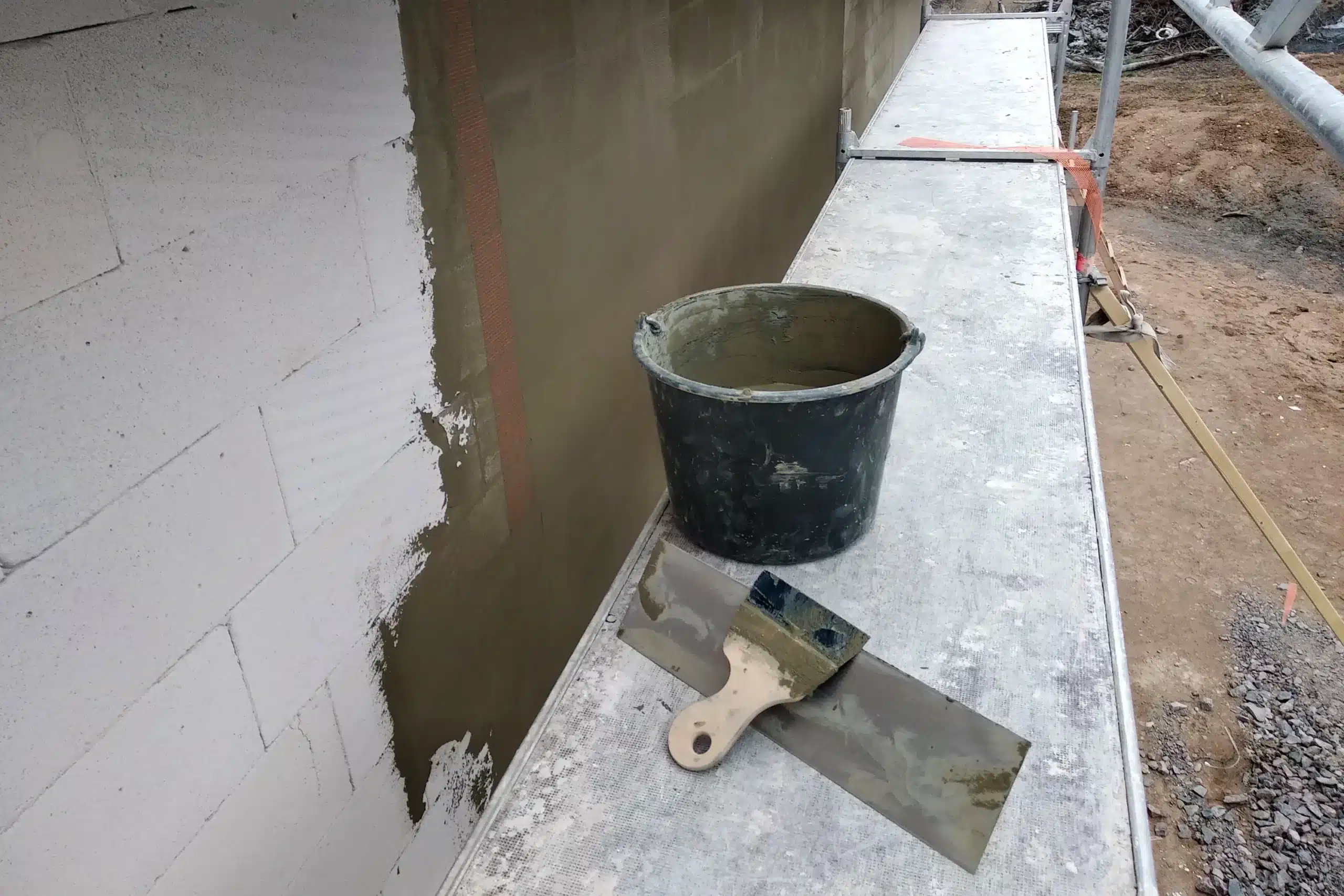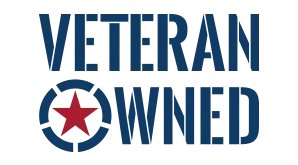Obtaining Affordable EIFS Insurance
If you have been in the EIFS (Exterior Insulation and Finish Systems) game for a while then you’re likely familiar with the challenge of finding affordable insurance coverage for your business.
If you’re just starting out as an EIFS applicator you may be tempted to grab an online commercial general liability policy but, beware – virtually all “off the shelf” policies come with a standard EIFS exclusion. This means that the relatively cheap policy you can get with just a few clicks may end up being a complete waste of money because you are essentially paying for an insurance policy that doesn’t actually provide any coverage!
Why is this the case? What can you do about it? And what else should you know? Let’s dig in.
Why is EIFS insurance so expensive?
To answer this question we need to start with another one: Why is it standard practice for insurance companies to exclude EIFS coverage on General Liability policies?
Without diving into a boring history lesson, the short version is this: In the 1990s there was an influx of EIFS claims, often being very costly. Many insurance companies simply made the decision that EIFS was not worth the risk and began excluding it from their policies. This trend resulted in far fewer companies willing to provide coverage for EIFS installation and the ones that did would typically charge very high premiums.
Fast forward a few years and the environment softened a bit, advancements in EIFS technology along with investments in training and education have resulted in far fewer claims and costs. The insurance industry however, tends to have a long memory and be slow moving. EIFS coverage has become more readily available but still at relatively expensive prices, and still not offered by many popular insurance companies. To add insult to injury, in recent years we have seen EIFS premiums begin to climb again, but to be fair, along with just about every other type of insurance.

Minimum premium
Sounds good right? Not so much. Something to be aware of, especially if you’re a smaller contractor or, if EIFS only makes up a small portion of your business, is “Minimum Premium”.
Liability policies are typically rated on the amount of exposure, usually expressed in terms of revenue or payroll. The more revenue\payroll you have for a given type of work then the more premium will be charged for it, makes sense. Most EIFS policies behave the same way but are also subject to a minimum premium, which depending on the carrier, can be high. In effect, if you are a small operation with limited scope and revenue, you will still be subject to the minimum premium the carrier is willing to offer.
Either way, your insurance company should be financially stable to repay you after a loss; credit ratings provide that financial snapshot.
Limitations
To further complicate matters, many EIFS policies are structured in a way that provides many restrictions such as residential exclusions, limitations on other types of work, and even exclusions for work in certain states. There is a tradeoff however, the more exclusions and EIFS policy contains the more affordable it will typically be – which makes sense because these exclusions are essentially limited the amount of risk an insurance company is taking on and therefor it is reflected in the premium.
The downside here is that it may become necessary to maintain (and pay for) multiple general liability policies to provide coverage for all of your business’s exposures. This is why it is critical to work with and agent or broker who is familiar with EIFS insurance.
Certificates – a word to the wise
Certificates of Insurance (COI) – we all love them. What many people do not realize is that while a COI does provide proof of insurance, it does not always clearly represent what that insurance covers! Savvy GCs will often provide a list of insurance requirements and push for specific policy details, but that’s not always the case.
A COI is a standard form, with a limited amount of space to include information about your policies and limits. There is a description area where an agent or broker can add all of the juicy details of a policy (like the limitations and exclusions referenced above) but, it is up to the agent to provide that information.
In practice, agents have different standards and procedures on how they issue certificates – some are very detailed, outlining coverages and restrictions, while others tend to include the bare minimum. The issue here is that, unless the agent or broker provides detailed descriptions of coverage, there is no way to know what exactly is covered or excluded by a policy by just looking at the limits.
Bringing this back to EIFS coverage – as mentioned above, just about all standard General Liability policies exclude EIFS. So if you’re a GC and get an COI from a potential sub-contractor who will be performing EIFS work, make sure you review the certificate closely and verify that their policy covers EIFS! Furthermore, if EIFS is covered then it is important to understand what restrictions or exclusions come along with it.
Where does that leave us?
Again, find an agent who knows EIFS – this is your first and most important step to getting the right coverage. It is also important to have a realistic expectations, EIFS insurance is going to be more expensive compared to a typical general liability policy. With that said, there are a few things you can do to make the process easier:
Insurance companies will want to understand your EIFS experience, where you were trained, what education programs you’ve completed and certifications you hold. Be sure to have this documented and available. Many carriers will also ask for a list of completed and\or planned EFIS jobs including a description of work, location, job value, and date.
Clearly communicate your requirements – for example, if residential work is a must for you then make sure you tell your agent. This will dictate which insurance companies should be approached and set realistic expectations in terms of cost.
There are also strategies you may consider to minimize your premium rating (again subject to minimum premium requirements). For example, if you are an LLC then it may be advantageous to find an insurance company that rates on payroll, since LLC members can report a minimum payroll value (rules vary by state).
At the end of the day this can be a difficult pill to swallow, especially for smaller EIFS applicators. Fortunately, there are reasonable options out there and knowledgeable agents are your best avenue to find them.
It’s also worth checking out the EIMA – EIFS Industry Members Association for a wealth of information relevant to EIFS professionals.

This content is for informational purposes only and not for the purpose of providing professional, financial, medical or legal advice. You should contact your licensed professional to obtain advice with respect to any particular issue or problem.



